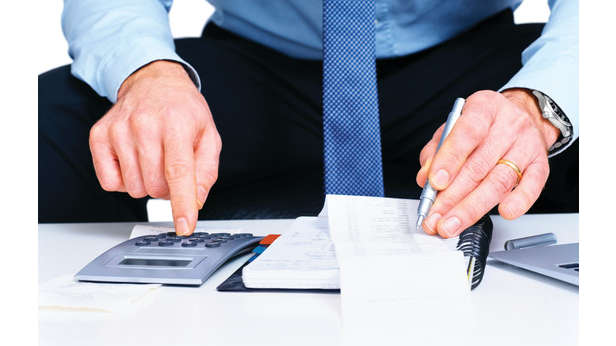
November 18, 2015
by Brett Healy
President of the MacIver Institute
This piece originally ran as an op-ed in the Journal Sentinel.
Milwaukee and all of Wisconsin was front and center in the political world last week when the Republican presidential candidates participated in the fourth debate of the most wide-open nomination contest many of us have seen in our lifetimes. By all accounts, our state and its largest city acquitted itself rather nicely in our stint as host.
The best news was that we were treated to the most substantive debate of the campaign so far. Gone were the questions about fantasy football, code names and physical appearance. Instead, the candidates talked about their stances on critically important issues, including immigration, national security and tax reform. It was a welcome respite from a campaign that too often has resembled a reality television show instead of thoughtful discussion on the future of our nation.
I’d like to think the tone for this transformation to substance over silliness was set with a pre-debate forum that the MacIver Institute helped host. More than 100 people voluntarily packed into a room on a beautiful afternoon to hear speakers talk about the problems with the current tax code. Their collective hope is for actual solutions from the candidates on how to modernize a tax code in desperate need of an overhaul.
While there wasn’t unanimity on every reform idea offered, not a person on the panel or in the audience agreed the status quo was acceptable. The last significant update of the U.S. tax code was in 1986. That means our businesses, both large and small, are operating under a tax system that was put together when typewriters were the most technologically advanced piece of equipment in most offices.
Over the last 30 years, most of the changes to the tax code have made it more complex and less fair. A recurring theme from our panel of business owners and advocates was the need to lower rates and get rid of loopholes that allow the well-connected to avoid most tax liability.
The simple truth, as one of our speakers put it, is that if we don’t reform the tax code, we will leave America economically disadvantaged. Other nations understand that. They’ve made their tax codes more competitive to not only help their existing companies, but to recruit American businesses fed up with our out-of-date tax system.
To give some context to this, consider that the Tax Foundation recently ranked the United States 32nd out of 34 industrialized countries for tax competitiveness. Despite everything our nation has going for it in terms of resources and current wealth, we are setting up future generations for failure if we make it cost-prohibitive to run a business in the U.S.
The good news is that many of the presidential candidates are at least acting as if they understand the need for tax modernization. In fact, most of the candidates from both parties have offered tax reform plans of some kind. That’s a good start, but many plans have come and gone over the last decade.
Plans alone are no longer good enough. We need action on tax reform now. The future prosperity of our county depends on it.